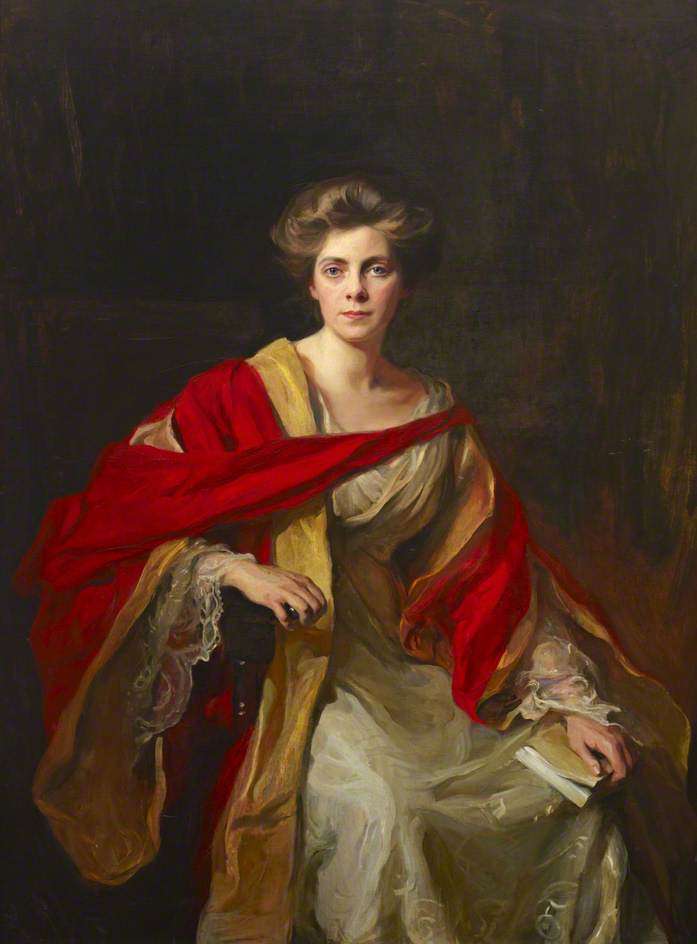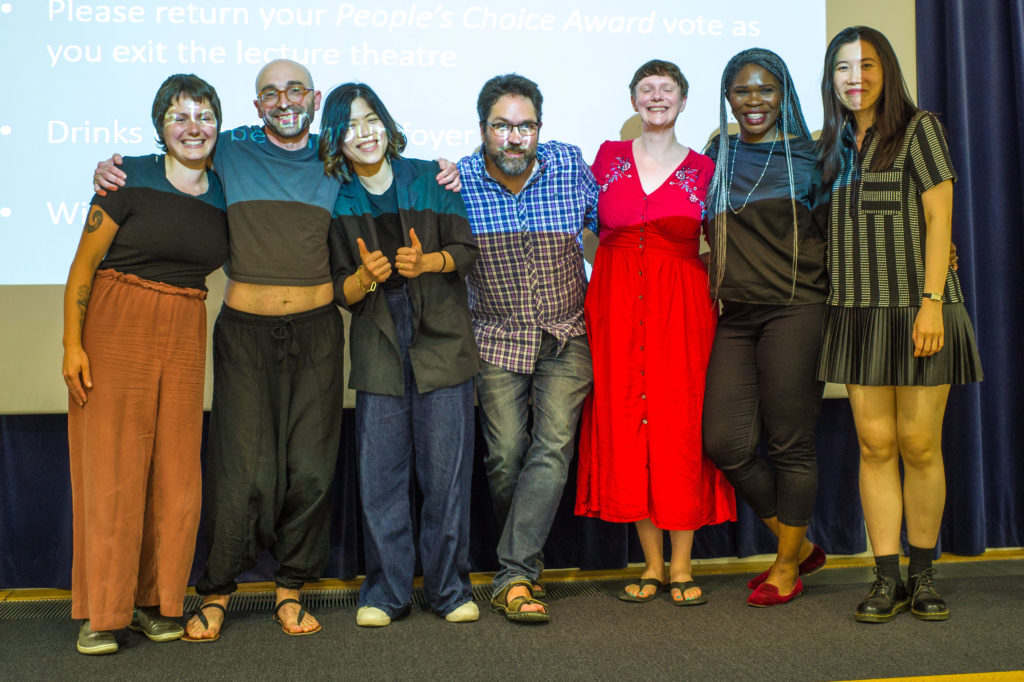You are invited to apply to a student-led training in audio-visual research techniques. This series of four workshops and related events will be facilitated by The Derek Jarman Lab in collaboration with BISR Urban Intersections Working Group and Corkscrew Practice-Based research network.
Over the course of this free four-week course, you would be one of up to eight participants receiving a practical introduction to audio-visual skills PGR students can incorporate into their research. PGR students from any department can apply. You will learn basic tools to enable greater innovation within your research data collection and dissemination.
The course will be organised around a shared theme of “urban margins”, inspired by a related event taking place the week before the workshops start, titled ‘Urban Intersections at the Margins’, which you would be invited and encouraged to join. The notion of urban ‘margins’ arguably invokes a stigmatised frame: one in which subjects, bodies or sites are located ‘on the margin’ of the city; or on the fringes of a hegemonic urban social order. But what if urban margins were reimagined beyond such stigmatised frames, as a space of hybridity, where new dynamics might arise, demanding new ways of knowing and intervening in urban realities? This broad theme will provide a thematic and conceptual context through which you will develop your audio-visual skills.
The weekly, day-long Friday workshops will be delivered through the Derek Jarman Lab. Each week’s workshop will focus on a different set of skills. We will begin with still photography, then sound recording, then moving image, and finish with a session on how to organise shoots, plan equipment and cover some of the legal aspects of using found/archival material. The mornings will be practical, and you will get hands-on experience with how to get the best out of one’s chosen piece of equipment. The afternoon will be spent using editing software, where you will learn how to get the best from your recordings. Baseline knowledge of editing software is also key to producing high-quality output from documentation collected during research.
You do not need to have any kind of prior audio-visual experience, and “urban margins” does not have to be a focus of your research. You simply need an interest in developing skills and knowledge in audio-visual techniques. Following the workshop, you will have the opportunity to show and discuss your work in progress at an event organised with the Urban Intersections Working Group and Corkscrew (likely to take place in late June or early July, more details to come).
To apply, please write a short paragraph (up to 300 words) on why this course interests you and how you would use the skills gained in relation to your doctoral research. Please note that applicants are required to attend all workshops and are advised to attend the sessions on the 26th of May and the 30th of June. Please do not apply if you cannot attend the session on the 2nd, 9th, 16th and 23rd of June from 10 am to 4 pm
The deadline for application is the 24th of March 2023. You will hear back by 24th April 2023.
Timeline
DATE: 26th of May
Urban Intersections at the Margins, an informal workshop bringing interdisciplinary approaches and methods of seeing urbanisation at the ‘margin’, both in the Global South and North. 26 May 2023, afternoon, 43 Gordon Square.
A screening of Baronesa (Brazil, 2017), co-sponsored by the Birkbeck Institute for the Moving Image, followed by a roundtable discussion with Dr Louisa Acciari (UCL), Dr Gracia Ramirez (UAL) and Dr Mara Nogueira (Birkbeck). 26 May 2023, 6 pm, Birkbeck Cinema.
[These events are not obligatory for the workshop participants but are strongly encouraged]
#1 Stills
DATE: 2nd June 2023
Time: 10 am to 5 pm
Location: Derek Jarman Lab, 43 Gordon Square
#2 Sound
DATE: 9th June 2023
Time: 10 am to 5 pm
Location: Derek Jarman Lab, 43 Gordon Square
#3 Moving Image
DATE: 16th June 2023
Time: 10 am to 5 pm
Location: Derek Jarman Lab, 43 Gordon Square
#4 Planning and Collaboration
DATE: 23rd June 2023
Time: 10 am to 5 pm
Location: Derek Jarman Lab, 43 Gordon Square
DATE: 30th June 2023
An informal event where workshop participants can share their work in progress with members of the Corkscrew practice-based research network and the Urban Intersections working group. Location: TBC



